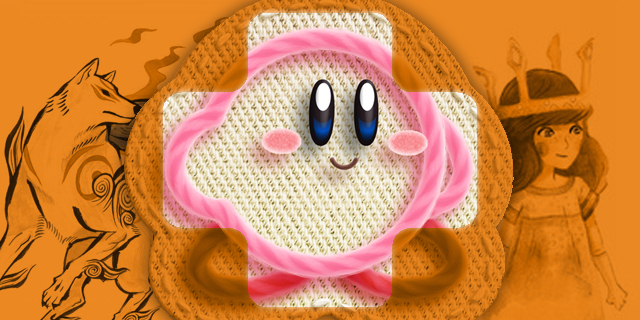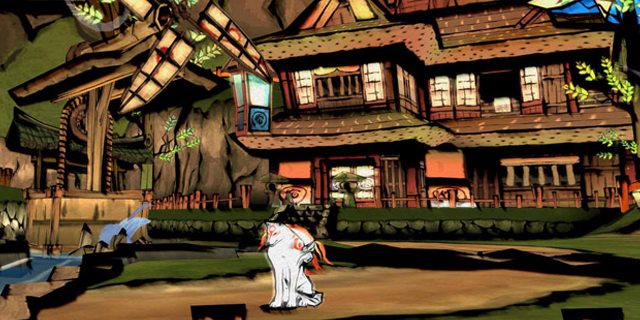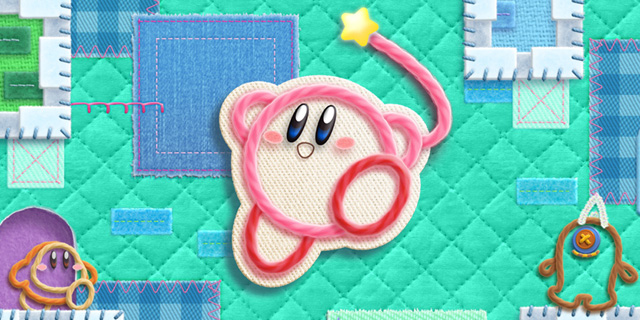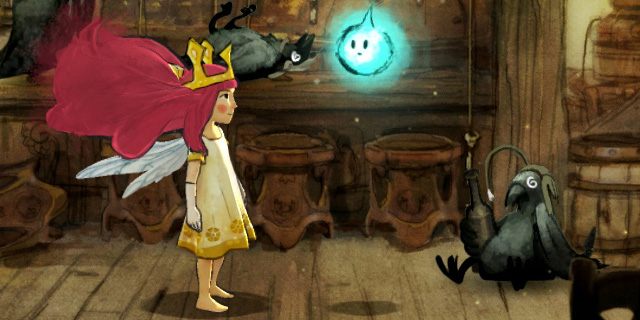
The rise in popularity of games like Dark Souls and indie titles such as 1001 Spikes seems to indicate people love challenging games. Yeah, I know, I’m stating the obvious here. To me, these games represent a challenge that requires more patience than I will ever have, but there’s more to it than that; I do like Spelunky a ton, after all. It’s more about coming to realize that challenge doesn’t matter to me. A game’s difficulty, specifically if it is considered “too easy,” might appeal to me more than your average Dark Souls player, for example.
It’s not that I seek out “easy” games or even actively avoid any titles celebrated for their high difficulty. Simply put, I find more value in titles for what they try to accomplish, not how difficult it is to accomplish it.
I think back to Okami, one of my favorite games and one of the few non-Nintendo games that took the Zelda formula and did something truly amazing with it. It’s gorgeous, full of colorful characters and an absolute blast to play. One of the primary complaints leveled against it is how easy it is. Sure, it’s not exactly the most difficult game in the world, but I don’t think Okami is inherently less interesting because of it. Yet, for Okami and many others, some use this as a huge sticking point for why they simply couldn’t get into it.
Sure, everyone likes different games and Okami may not be for many people, but some who dismiss it outright because of its low difficulty are missing out on something truly special. When I play a game like Okami, I find myself enjoying an experience for a variety of reasons and not even thinking about whether or not it’s actually challenging. It rises above the ideas of what is and isn’t challenging and becomes something more than an archaic rubric of difficulty. It becomes a worthwhile, memorable experience that can captivate your imagination without relying on pure skill.

For many, Dark Souls captures that same feeling, but relies more on memory and skill than a game like Okami. Dark Souls, and Demon’s Souls before it, caught on initially because of their challenge, but aren’t remembered specifically because of it. Its challenge will always be a large part of the conversation, as will Okami’s lack of challenge, but it isn’t what sets it apart or captivates players.
Think of it as an entry way into the experience. Many games these days simply allow you to choose between two or more difficulty settings, but many titles, like Dark Souls, just drop you and say, “good luck.” If you can break through the barrier, you may just find a lot to enjoy. Okami is similar, but for different reasons. The first few hours are, admittedly, a bit of a slog and very tutorial-driven. This is another major complaint, yet if you can get past those somewhat tedious first few hours, you’ll find yourself playing something special. At that point, difficulty becomes less of a factor.
As many of us probably know, uneven difficulty curves or poor game design can absolutely ruin those experiences and make difficulty a factor once again. But, with games like Dark Souls and Okami, those are never an issue and, as such, allow the player to move past the initial barrier to entry and just enjoy the game for what it is.

As I mentioned when discussing Kirby games, Kirby’s Epic Yarn is probably my favorite in the series. Like Okami, however, it is known for its difficulty. The game isn’t even remotely challenging and has relatively simplistic gameplay. Despite all of that, Epic Yarn is an absolute joy to play. The way it feels, the way the levels are designed, the adorable aesthetics and incredible music; it all contributes to an experience that is a delight from start to finish.
Focus on difficulty and you might find yourself bored by Epic Yarn’s lack of any real challenge. Players who find the experience dull aren’t at fault; it may simply not the game for them. Having said that, if you let yourself focus on how “easy” it rather than how well-designed it is inherently takes away from what makes an amazingly fun time. I love it because it’s a relaxing and unique experience in a series full of unique experiences. It doesn’t satisfy the same way that Spelunky does, but it never needed to.
I won’t deny there will always games where difficulty might just impact the overall experience, like the recent Ubisoft title Child of Light. When it launched, the difficulty labeled “normal” was mostly a breeze. This wouldn’t be a problem if there was much to compel you to keep playing outside of its aesthetics, but the writing was awful and characters completely forgettable. I still had fun with it, but it was one of the few times I regret not choosing the higher difficulty setting because of how tedious it eventually became. It’s not a common problem, but it does occasionally resurface.

Difficulty, however as important as it may be to some, is becoming less and less relevant as time goes on. To further explain my first point about not having the patience for games like Dark Souls: it became less about the challenge and more about the time commitment. I will never question Dark Souls’ quality, but I don’t particularly enjoy playing it. Spelunky, on the other hand, clicked with me after I realized there was something there I knew I would love and kept at it.
The overemphasis on what is and isn’t challenging in gaming today isn’t a huge issue, but ultimately, it can turn a challenging, but fair game (like Dark Souls) into a seemingly unbeatable monster of a game just through word of mouth. Okami, on the other hand, is “too easy” even if the lack of challenge really doesn’t impact the experience. It’s a strange phenomenon that we, as a culture, continue to focus on, one that we can hopefully move past in due time.



















